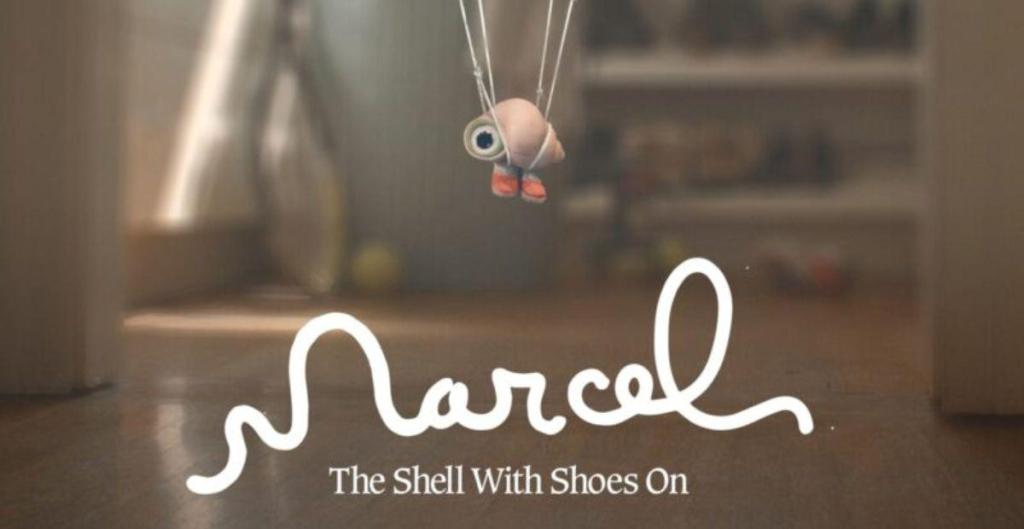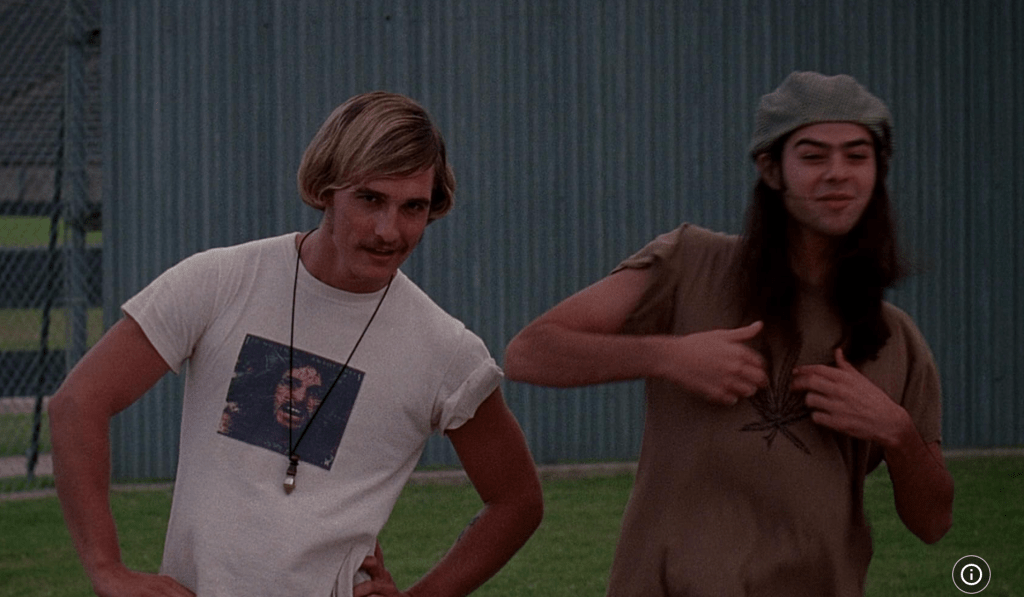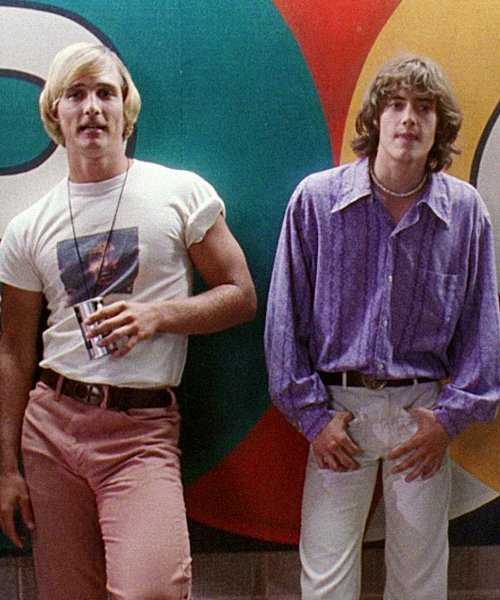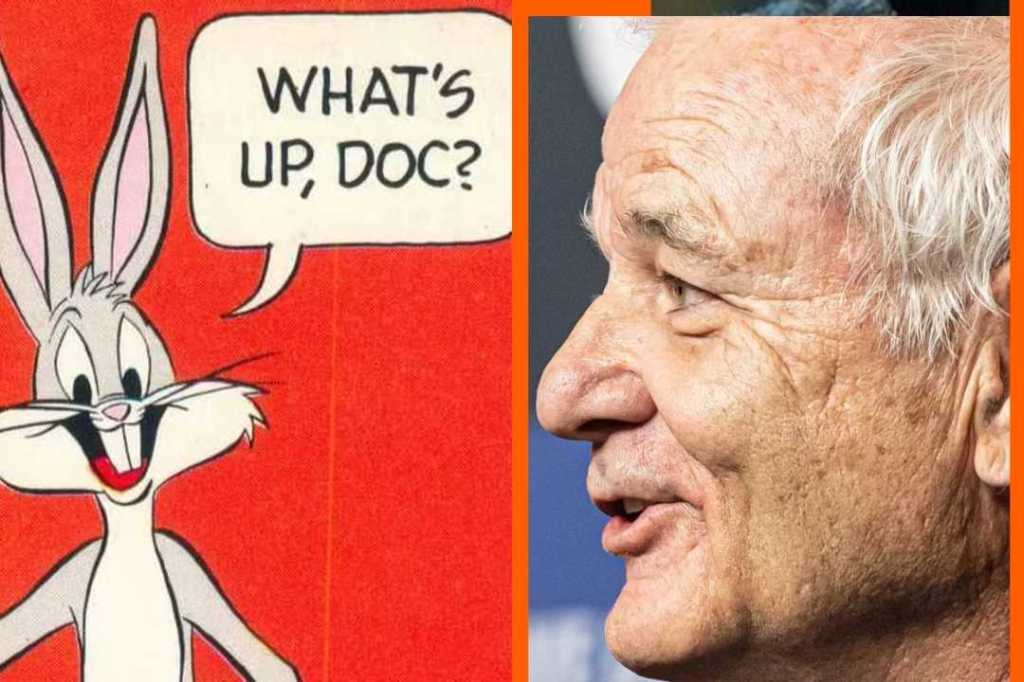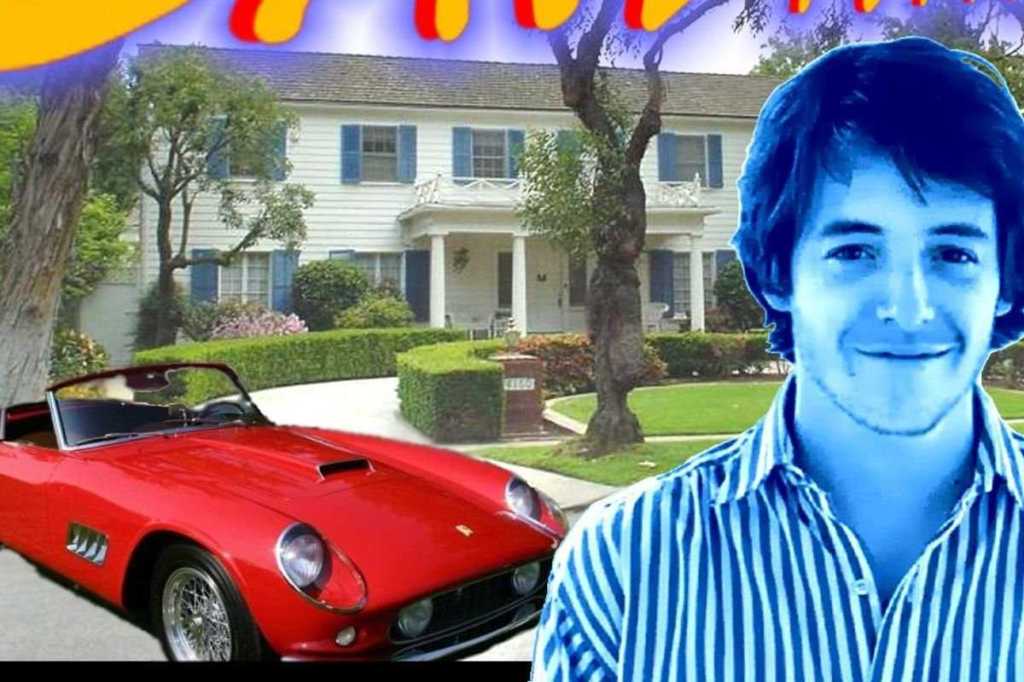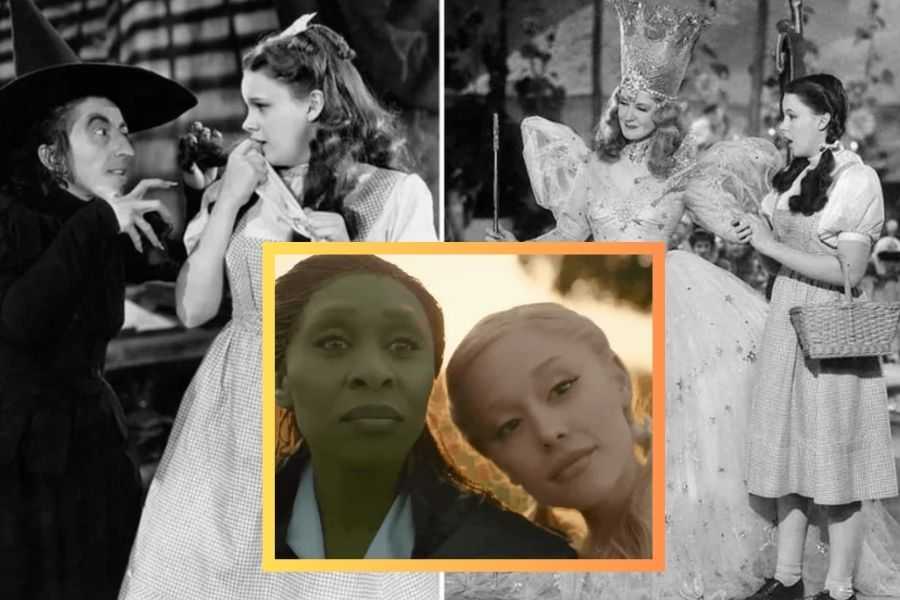In 2010, a little shell with a googly eye and sneakers appeared on the internet and made everyone go “aww.” His name? Marcel the Shell With Shoes on. In a series of confessional style web videos, Marcel told us about himself and his life. Created by filmmaker Dean Fleischer Camp and voiced by Jenny Slate, Marcel became a part of the 2010s web pop culture. But like most viral moments, he kind of faded into obscurity, but not before appearing in a children’s book. Now, Marcel is back in a full-length feature release, “Marcel the Shell With Shoes On.”
I recently talked to the star and co-creator Jenny Slate ahead of the film’s release about what it was like to live in Marcel’s head and how the movie came to be. Slate revealed that she and Fleischer Camp have been working on the film for the last seven years. So while many people had forgotten about Marcel, they hadn’t.
“It is an interesting or special thing to bring something back to people that they may have naturally moved on from,” Slate said. “I do think Marcel does have a pretty devoted fan base—the people that like him seem to really enjoy watching him, and it’s nice to rustle that up again.
“Doing a series at that point wouldn’t have allowed us to have as full of an investigation into Marcel’s character as making a documentary or mockumentary feature,” Slate continued. “We started to understand what made Marcel appear the most himself.”
Marcel is all heart. Well, technically, he’s all shell, but still. You don’t expect to find yourself so attached to an anthropomorphic shell with a googly eye and little shoes, but as soon as you first see him on screen, you know your heart is about to melt.
In the feature, the filmmaker, Dean, is recently single and is staying in an Airbnb when he happens upon Marcel, who lives in the house with his Nana Connie and his pet ball of lint, Alan. Quickly, Dean begins to film his conversations with Marcel, mainly because Marcel is such a fascinating little creature. He has his daily routines, which include gardening with Nana Connie and rolling around the house in a tennis ball. He and Nana Connie have a weekly ritual: watching Lesley Stahl on “60 Minutes.” It’s their most favorite show, and they never miss it.
“We worked really hard to make sure that Marcel as a character was not changed, but only revealed more and expanded,” Slate said.
Soon, Dean begins sharing his videos of Marcel online and, of course, they begin to go viral. And while Marcel isn’t inherently opposed to his newfound fame, it does begin to take a toll, especially because it only exacerbates his loneliness. Once upon a time, he lived in the house with a whole family of shells, including his parents. There were also humans who lived in the house—Mark and Larissa—but they fought a lot. One night, they fought one time too many and in the rush of packing, Mark swept the shells up with his things.
Dean decides to use Marcel’s fame to try and find the rest of his family. So they get on a livestream that allows Marcel to share his story. While they become more viral, Marcel isn’t any closer to getting his wish for his family back. Then the fame becomes too much—people are taking pictures in front of the house, getting Marcel tattoos, the whole nine yards.
“Although he is always completely down to engage and answer questions honestly, he often seems to have forgotten that what he’s saying has any sort of receiving place. He has no performance of himself—he just is himself,” Slate said when I asked what’s her favorite thing about Marcel.
On top of the fame, Nana Connie’s health is quickly deteriorating, which worries Marcel. He and Dean go off in search of Mark to reunite the family, but while he’s gone, Connie has an accident and cracks her shell. Because of this, Marcel shuts everything down—no more filming, no more visitors, and Dean must ask his ex-wife to take their dog after he almost attacks Connie.
In the meantime, the team from “60 Minutes” has heard about Marcel’s story and wants to do a feature. Citing Connie’s poor health as an excuse, Marcel declines the interview, potentially giving up his chance to meet his idol Lesley Stahl. Both Dean and Connie try to convince him to do the interview. Connie even tries to show him that she’s in better health because she doesn’t want him to miss the opportunity to expand his world. Eventually Marcel agrees and everyone is excited about it.
On the day of the interview, the house is buzzing with excitement. After all those Sunday nights together, Marcel and Connie are finally going to meet their idol. Of course, Lesley Stahl is kind and wonderful, and it seems that she is genuinely interested in hearing Marcel’s story. After the interview, Marcel and Dean can’t find Nana Connie.
“It’s important to me to tell a story about someone working through a loss that they weren’t expecting, and the unexpected feelings in dealing with that loss,” Slate shared.
Marcel is still in mourning when “60 Minutes” reaches back out. They have found Larissa working as a doctor in Guatemala and we learn more about her story during the news segment. She brings the crew to Mark’s house, and Marcel and Dean find the shell family. Though he is so happy to be reunited with them, a part of his heart will always be missing Nana Connie. Dean moves out of the Airbnb and Marcel’s family moves back in. Marcel still finds solace in the quietness of the laundry room, where he has time to reflect.
I asked Slate what she hopes people will get out of the film now that’s it’s been widely released and she shared, “I hope people feel momentary belief on the verge of disbelief that something can be both sad and uplifting at once.”
Run, don’t walk, to see “Marcel the Shell With Shoes On,” now playing nationwide.

